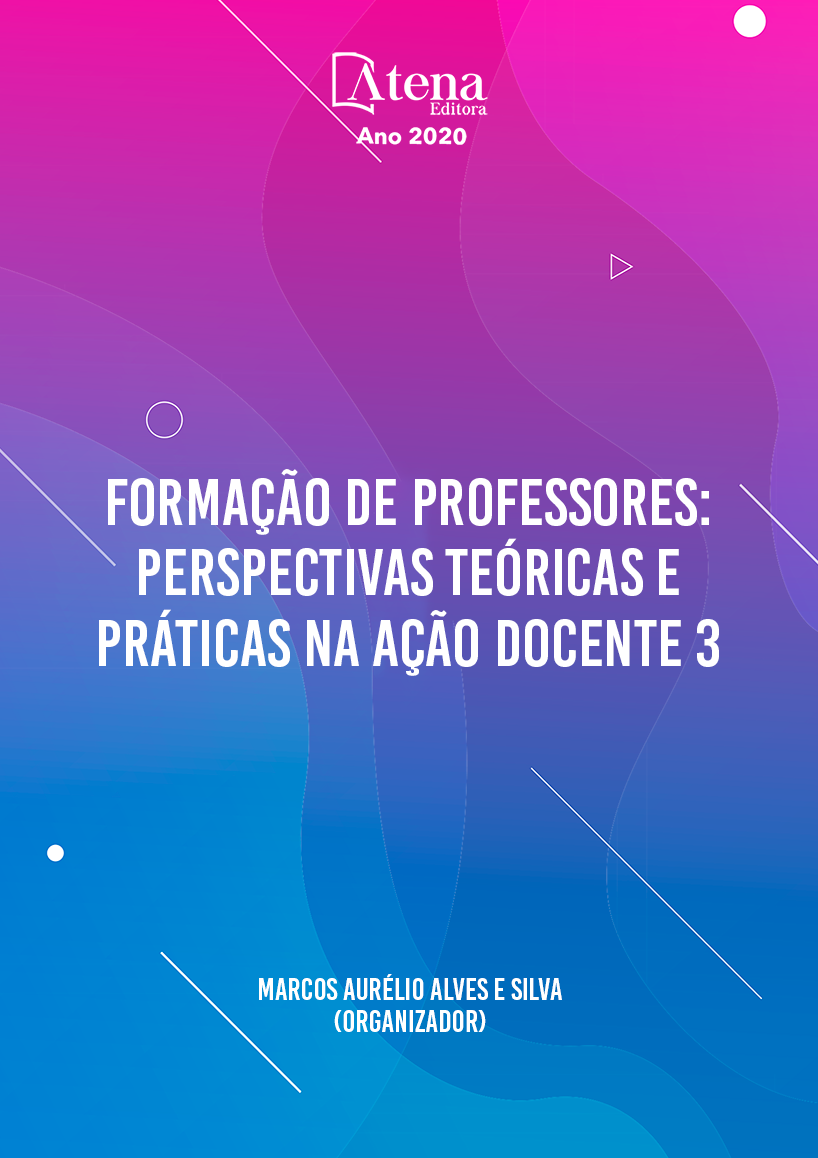
DESAFIOS E POTENCIALIDADES DO PARFOR: REFLEXÕES A PARTIR DA FORMAÇÃO DE PROFESSORES (AS) DE HISTÓRIA NA URCA
O trabalho tem como objetivo apresentar uma reflexão sobre a formação docente da turma de Segunda Licenciatura em História da Universidade Regional do Cariri (URCA), integrante do Plano Nacional de Formação de Professores para a Educação Básica (PARFOR). A experiência ocorreu no município de Várzea Alegre, situado na região do Cariri cearense. Tomando o estágio supervisionado como prática de ensino e como método de pesquisa, o trabalho foi desenvolvido a partir das disciplinas Estágio Supervisionado I e II, sendo o primeiro dedicado às situações de aprendizagem históricas em espaços educativos não escolares, como museus, arquivos e centros culturais, e o segundo voltado à observação e regência nas escolas de ensino fundamental e médio. Dialogando com as produções intelectuais de Maurice Tardif, Selma Garrido Pimenta e Maria Socorro Lucena Lima, o estudo indica como a Segunda Licenciatura para quem tem formação docente anterior é um momento crucial para a compreensão dos diferentes momentos constitutivos dos processos formativos e das identidades docentes.
DESAFIOS E POTENCIALIDADES DO PARFOR: REFLEXÕES A PARTIR DA FORMAÇÃO DE PROFESSORES (AS) DE HISTÓRIA NA URCA
-
DOI: 10.22533/at.ed.1592027078
-
Palavras-chave: Formação docente. Ensino de História. PARFOR
-
Keywords: CHALLENGES AND POTENTIALITIES OF PARFOR: REFLECTIONS FROM THE FORMATION OF HISTORY TEACHERS IN URCA
-
Abstract:
The aim of this paper is to present a reflection on the teaching education of the Second Degree in History class at the Regional University of Cariri (URCA), part of the National Teaching Education Plan for Basic Education (PARFOR). The experience took place in the municipality of Várzea Alegre, located in the Cariri region in Ceará. Taking the supervised traineeship as a teaching practice and as a research method, the work was developed from the Supervised traineeship I and II disciplines, the first being dedicated to historical learning situations in non-school educational spaces, such as museums, archives and cultural centers, and the second focused on observation and conducting in elementary and high schools. Dialoguing with the intellectual productions of Maurice Tardif, Selma Garrido Pimenta and Maria Socorro Lucena Lima, the study indicates as the Second Degree of Licentiate for those who have previous teaching training is a crucial moment for the understanding of the different constitutive moments of the training processes and of the teaching identities.
-
Número de páginas: 14
- Maria Arleilma Ferreira de Sousa
- Paula Cristiane de Lyra Santos
- Joaquim dos Santos


